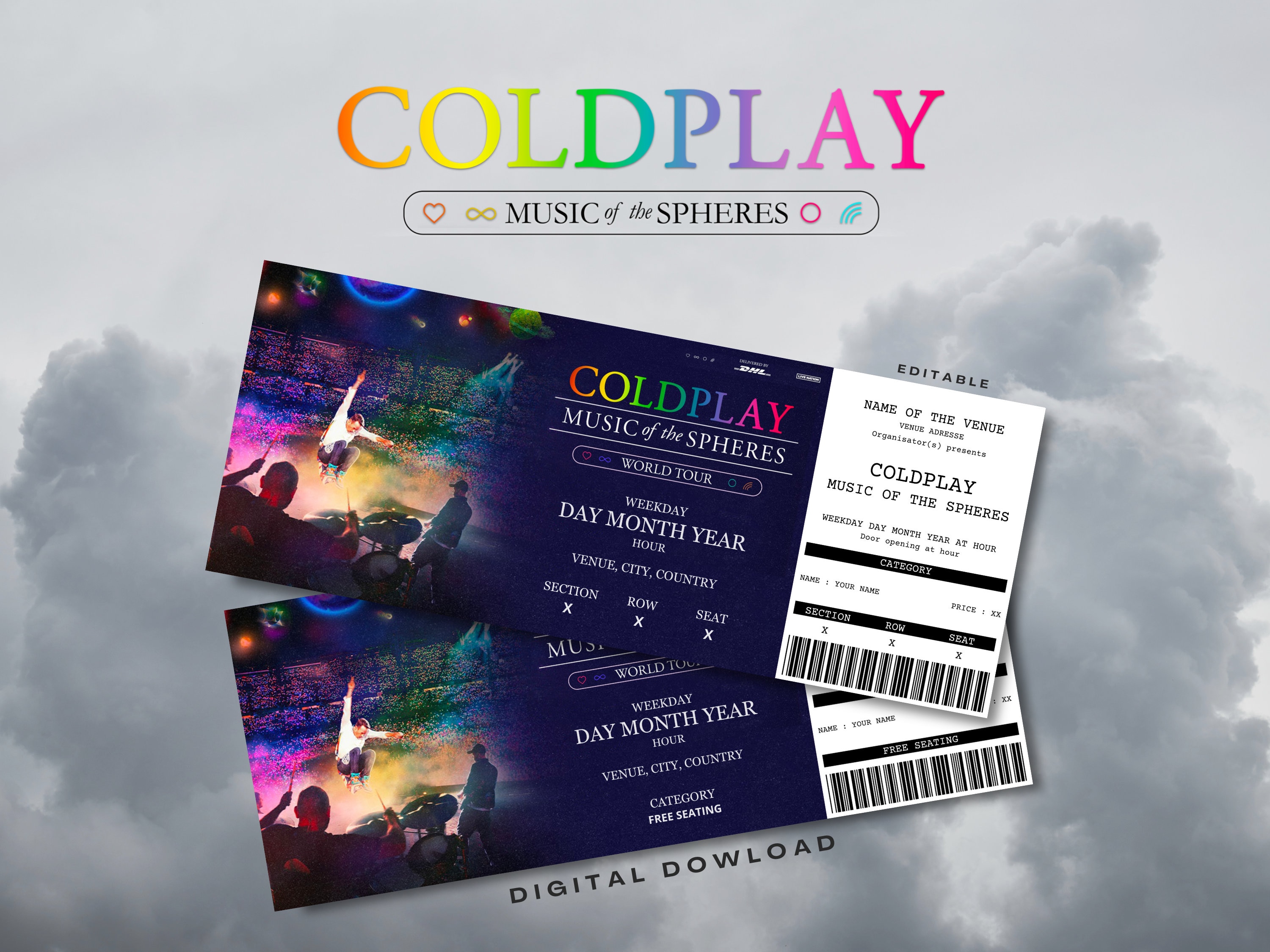Do you think you’re good at spotting scams? I used to think so. From fake messages from delivery services to posts selling Coldplay tickets at unbelievably low prices on social media, I was confident that I could avoid these traps. But then one day, James messaged me.
Here's ads banner inside a post
James is the son of my dad’s partner, and we only see each other occasionally during the holidays. He lives in the Midlands and sometimes sends a Christmas greeting via Facebook Messenger. So when I received a message from James asking about Coldplay tickets for next year’s concert, I didn’t think much of it. He said he had tickets but could no longer attend and asked if I knew anyone who was looking for tickets. It made perfect sense. I live in London, write about music, and am a pretty big fan of Coldplay. I also love helping friends find tickets for shows they really want to see, so I enthusiastically replied, “I think I know someone, let me check!”
I introduced James to my friend Mike, whose mother hadn’t been able to get tickets. Mike was thrilled when I told him about the available tickets, and within hours, I knew that Mike had transferred £240 to a “business bank account.” I wasn’t too focused on the details because I was happy to have helped my friend. But then disaster struck: the Coldplay tickets that Mike bought didn’t exist. James’ Facebook account had been hacked, and the scammer was the one we had been talking to all along.
The feeling of pride from helping a friend was quickly replaced with shame and regret. Looking back, Mike and I saw the warning signs: the strange “scammy” language in the messages and the odd name on the bank account, “Charley White.” But I brushed it off, thinking James just wasn’t very familiar with online communication. I got caught up in wanting to help Mike’s mother have a chance to see Chris Martin, while Mike trusted me completely. And both of us fell for it.
Here's ads banner inside a post
Once we realized we had been scammed, I tried reporting it to Facebook, but the process was complicated. There was no option to report that an account had been hacked and was being used to scam people. When I reached out to Meta, Facebook’s parent company, the only response I got was generic information about their anti-scam efforts.
Jack Whittaker, a criminologist, explained that scammers often target multiple people, and it only takes a few responses to start the scam. Their methods are becoming more sophisticated, designed to prey on specific personality traits. The real concern, however, is that large companies like Facebook have been slow to keep up with these evolving tactics and haven’t invested enough in protecting users.
Coldplay, one of the world’s biggest bands, is often the target of ticket scams, especially since their tickets sell out within minutes. It wasn’t just Mike and me—many Taylor Swift fans fell for similar scams during the Eras Tour ticket frenzy. According to statistics from Santander, ticket scams doubled in the first half of 2023 compared to the previous year, with most of these scams occurring on platforms like Facebook.
Here's ads banner inside a post
Scalpers and fraudsters have exploited loose regulations to buy large quantities of tickets and resell them at inflated prices. However, FanFair Alliance has been advocating for stricter regulations on ticket resale, including a proposal from Keir Starmer to cap resale prices. Their goal is to create a more transparent market, making it easier for consumers to identify legitimate ticket sales for major concerts like Coldplay.
Whittaker emphasized that scams cause more than just financial loss—they can lead to psychological damage. For me, the emotional toll was minor: the guilt of knowing Mike lost money because he trusted me. But in larger scams, like romance fraud, the consequences can be far more devastating.
The best advice I can give is: never fully trust anyone. If someone offers you tickets through social media, call them to verify. Double-check bank details and ticket terms and conditions. If anything feels off, walk away. Never buy tickets from a stranger unless you’re using a legitimate resale platform.
Even though Mike’s Coldplay tickets weren’t real, I’m still searching for legitimate tickets for his mom. This scam may have been small, but its ripple effects continue to spread. And until big companies like Facebook take real action, the responsibility to protect ourselves, unfortunately, lies with us.

